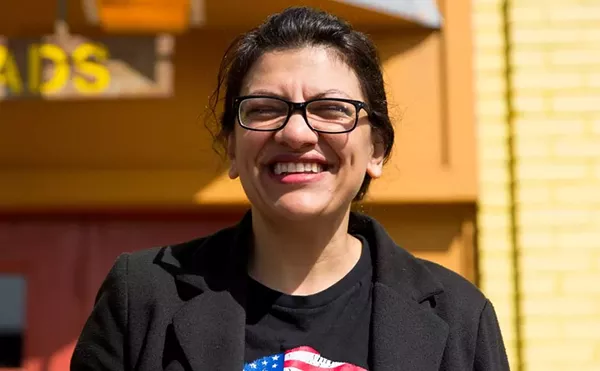After a historic sit-in at the Democratic National Convention in Chicago in August, leaders of the Uncommitted National Movement urged Vice President Kamala Harris to respond by Sept. 15 to their request for a meeting with Palestinian American families in Michigan. These families, having lost loved ones to U.S.-supplied bombs in Gaza, hoped to discuss their demands for halting U.S. arms shipments to Israel and establishing a permanent ceasefire.
However, the Harris campaign has remained silent, prompting the Uncommitted Movement to issue a firm statement refusing to endorse her in the upcoming 2024 election.
The movement, which originated in Michigan, initially organized 1.5 million voter contacts and secured over 101,000 anti-war votes ahead of the February presidential primary. It has since grown into a national force, amassing 740,000 pro-peace voters and winning 30 delegates at the DNC.
According to the group’s leaders, their efforts are not about endorsing political candidates, but advocating for life-saving policies and peace.
“We came together, first in Michigan, and then in state after state, insisting that even through our pain and grief, we must organize to save lives, advance policies that build rather than destroy, and create a future where not another bomb from our country drops on a civilian anywhere in our world,” the statement said. “We are proud of the movement’s growth, even as our government continues sending bombs that tear apart families.”
Polling data supports the Uncommitted Movement’s efforts, with over 80% of Democrats and 50% of Republicans in favor of a permanent ceasefire in Gaza. The group believes that the Biden-Harris administration’s failure to adopt this popular stance is a significant misstep.
Although the movement has declined to endorse Harris, it has also made clear that it strongly opposes her rival Donald Trump’s re-election, describing his policies as a direct threat to Palestinians and anti-war activists.
“Trump himself has bragged about accelerating the genocide against Palestinians and promised to intensify the suppression of pro-Palestinian activism in the U.S. We must block Donald Trump,” the group stated. “Our movement’s best hope for change lies in expanding anti-war organizing power, which would be severely undermined by a Trump administration.”
In addition to its anti-Trump stance, the movement cautioned against voting for third-party candidates, particularly in swing states, arguing that it could unintentionally help Trump win re-election.
“Pro-war forces like AIPAC [the American Israel Public Affairs Committee] may want to drive us out of the Democratic Party, but we’re here to stay,” the group continued. “Movements have long worked to rid the Democratic Party of hateful forces... and we will work in that legacy to rid our party of AIPAC’s pro-war extremism.”
The group’s “Not Another Bomb” campaign has mobilized over 100,000 people across 35 states, uniting progressives, civil rights advocates, and other Democratic Party members to advocate for peace. Now, the movement is inviting more groups to join them in their ongoing effort to push Democratic leadership to support a ceasefire and halt weapons transfers.
The statement concluded: “Building on the work of ‘Uncommitted,’ we invite stakeholders in the Democratic Party coalition — progressives, civil rights, labor, racial justice, reproductive rights, climate, immigrant rights, disability justice, people of faith, young people and more — to join us in our campaign to push our Democratic Party leadership to align with the majority of Democratic voters who support the urgent call for a stop to illegal and morally reprehensible weapons transfers through our campaign, ‘Not Another Bomb’ both now and in the next administration.”

















